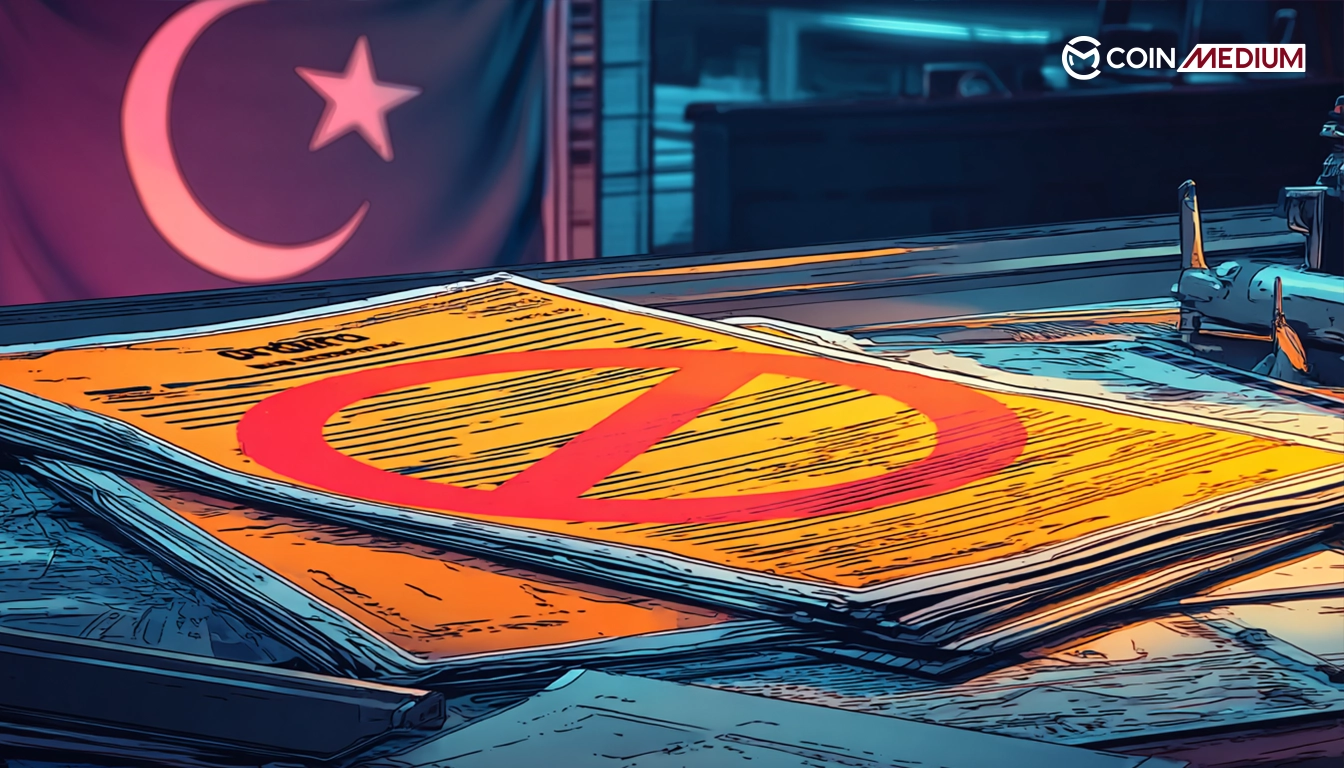- The International Monetary Fund (IMF) is an international organization that promotes global monetary cooperation, financial stability, and economic growth.
- The IMF provides loans or financial support to member countries facing balance-of-payments problems, economic crises, or debt distress.
- The IMF approved a 37-month Extended Fund Facility (EFF) worth US$7 billion to Pakistan on September 25, 2024.
- Pakistan is keen to become a cryptocurrency hub in the region.
As per Pakistan’s local media, The International Monetary Fund (IMF) has rejected Pakistan’s request to provide subsidised electricity for crypto mining indicating that a subsidy could potentially damage the country’s already struggling power sector, facing over $4.5 billion in circular debt.
Pakistan came up with a proposal to provide electricity subsidies for crypto mining during low demand winter months. This, along with the recently formed national Bitcoin reserve, is part of Pakistan’s ambitious plans to become a regional hub for cryptocurrency.
Pakistan had suggested offering electricity at around $0.08 per kilowatt-hour (Rs 22-23/kWh) to crypto miners, hoping to reduce excess electricity and lower capacity charges. But the IMF compared this to past tax holidays that caused long-term financial imbalances.
Secretary of the Power Division, Dr. Fakhray Alam Irfan was quoted telling lawmakers at a Senate committee meeting that the IMF had not approved the proposal.
“As of now, the IMF has not agreed,” he said.
Dr. Fakhray Alam Irfan also went on to add that discussions with the World Bank and other international partners are still ongoing.
However, experts say the IMF’s decision reflects a broader concern about the stability of Pakistan’s infrastructure. Mohith Agadi, founder of Fact Protocol says ““While crypto adoption is growing, sustainability and economic equity must be prioritized”.
“Countries looking to benefit from Web3 must first ensure foundational systems like energy are resilient and inclusive.”
Meanwhile, the IMF has also reportedly criticised Pakistan’s move to allocate 2,000 megawatts of power to Bitcoin mining and AI data centres citing that it could worsen energy shortages.
The IMF in general views cryptocurrencies with skepticism, focusing on their risks to financial and economic stability, particularly in vulnerable economies like Pakistan.
However, Pakistan continues to embrace digital assets. Industry voices suggest a slower approach, using renewable sources like hydro and solar to support future mining projects.



